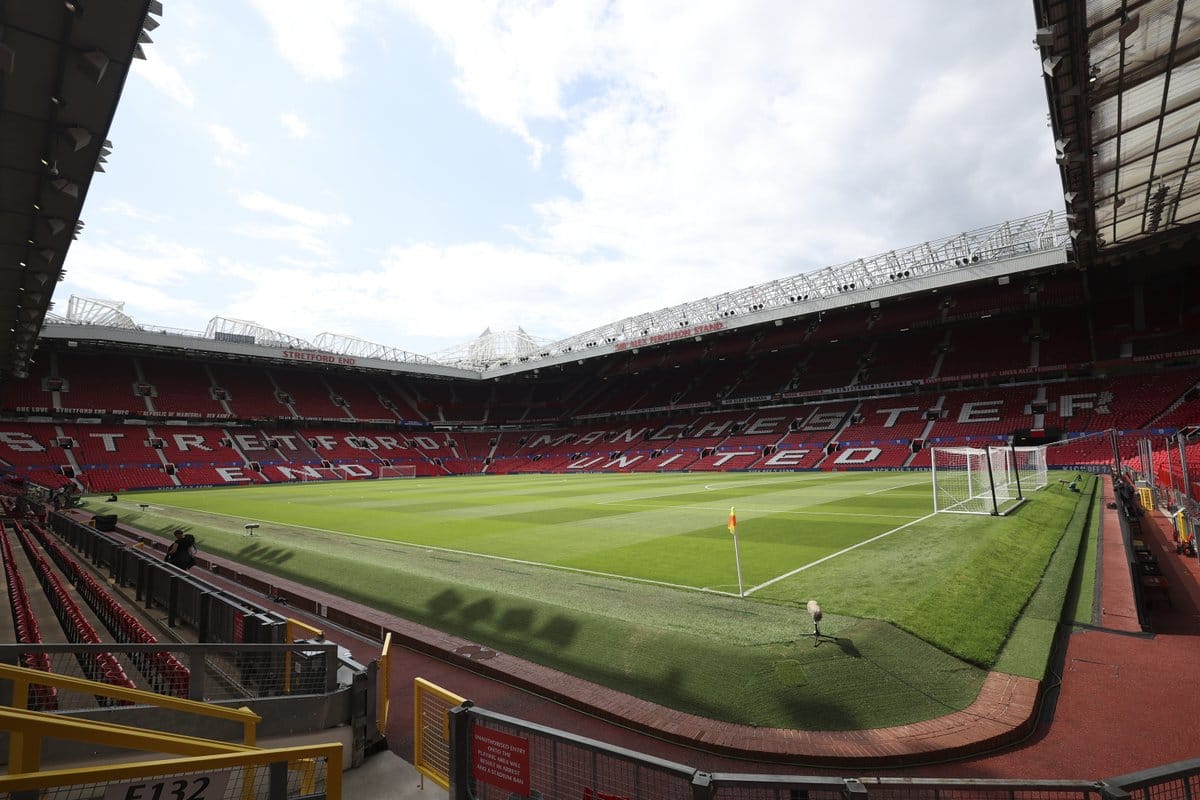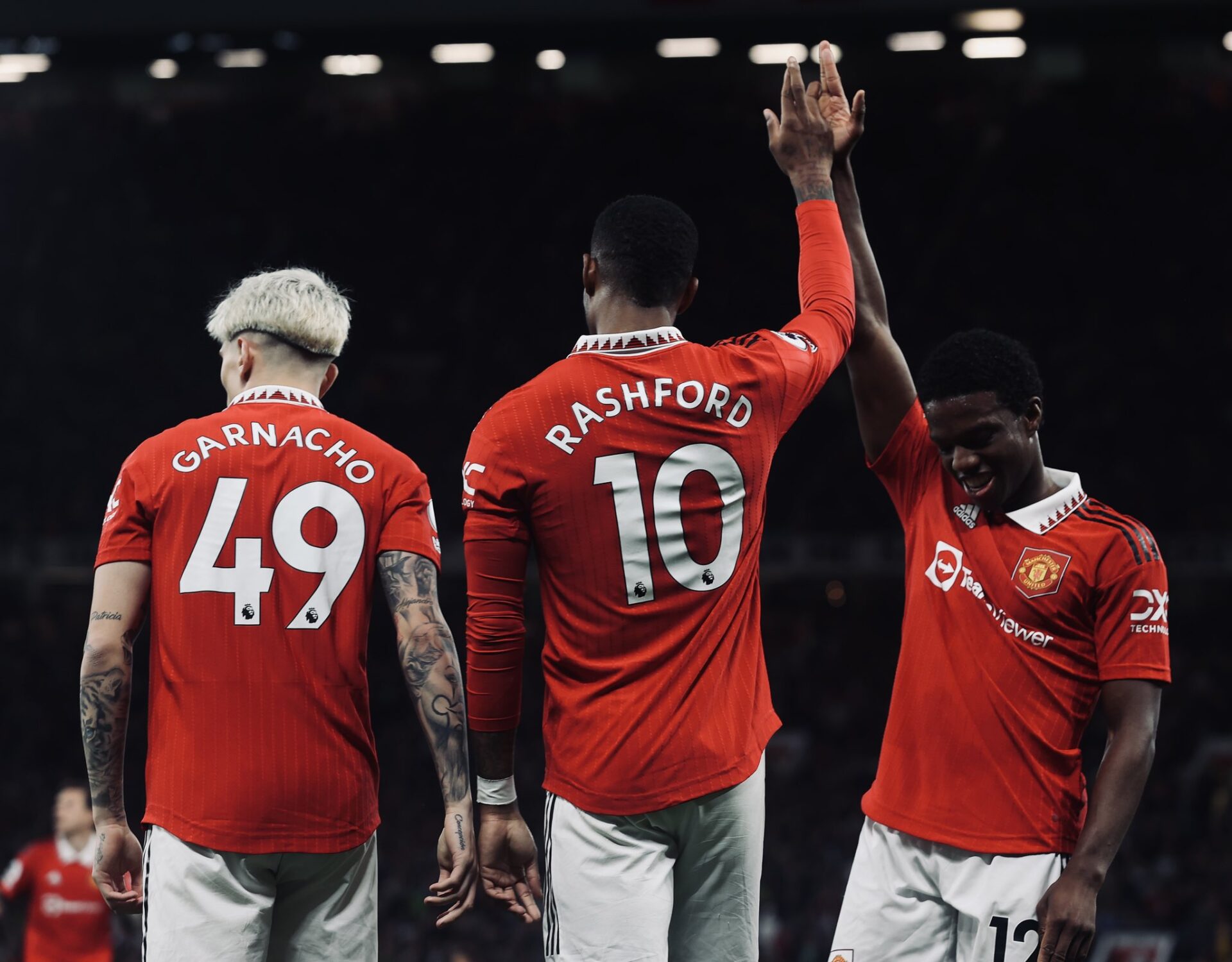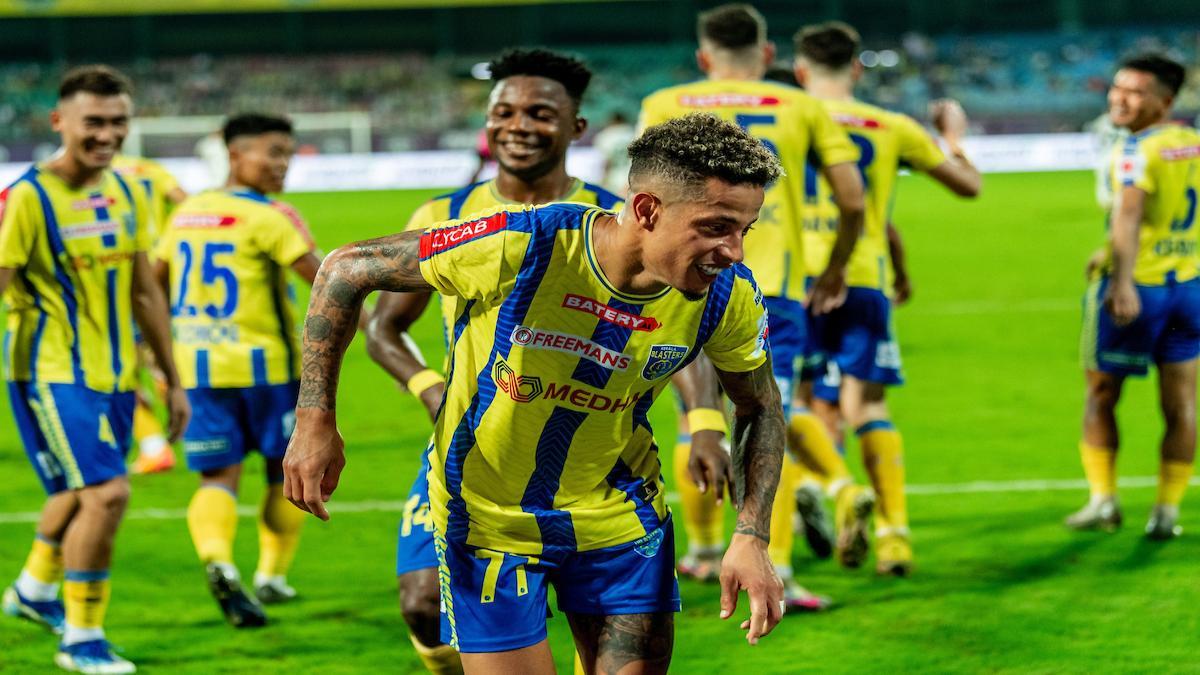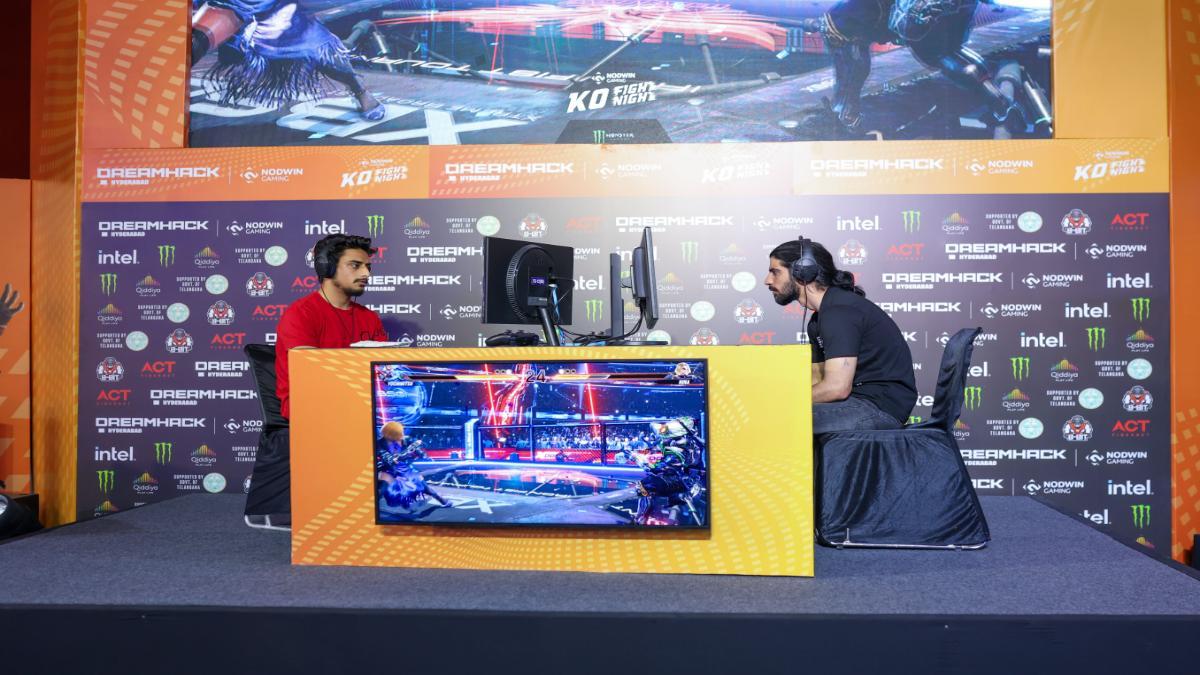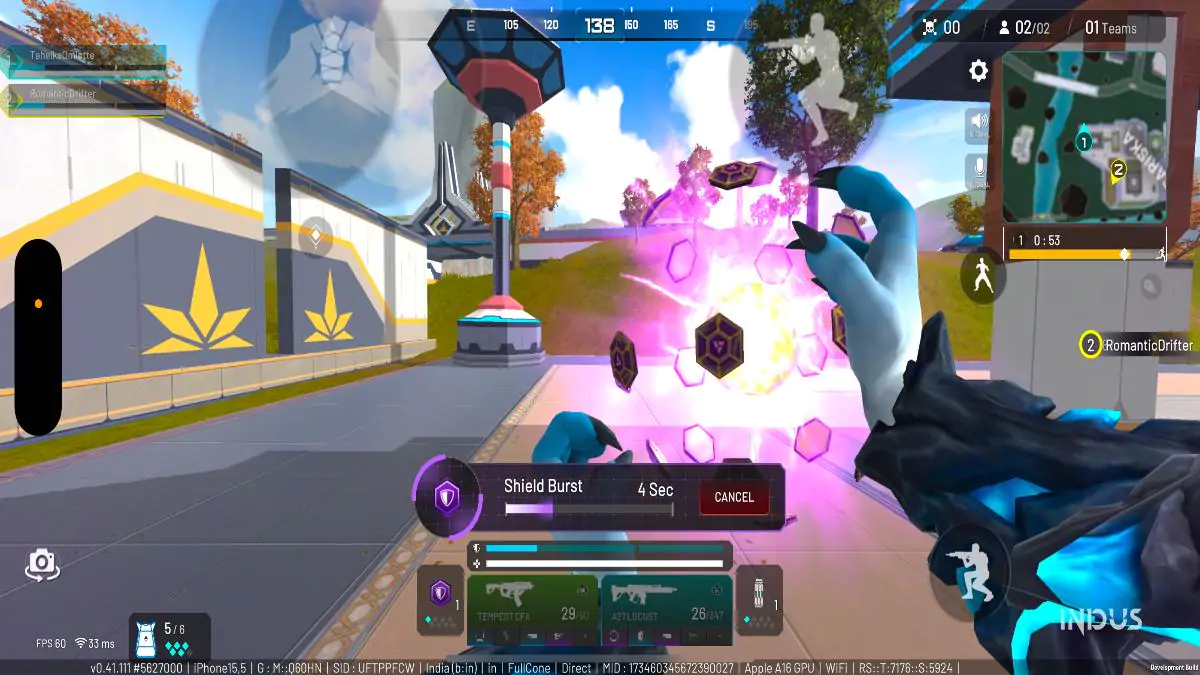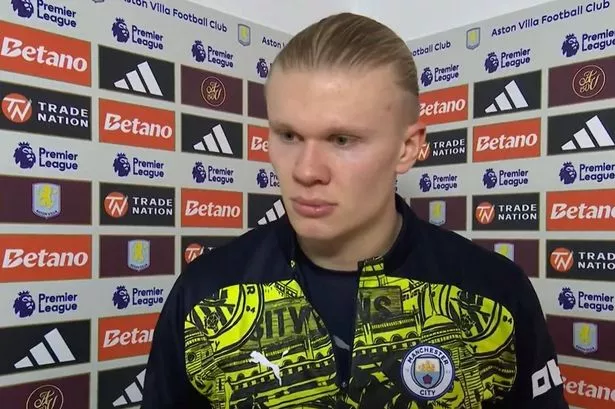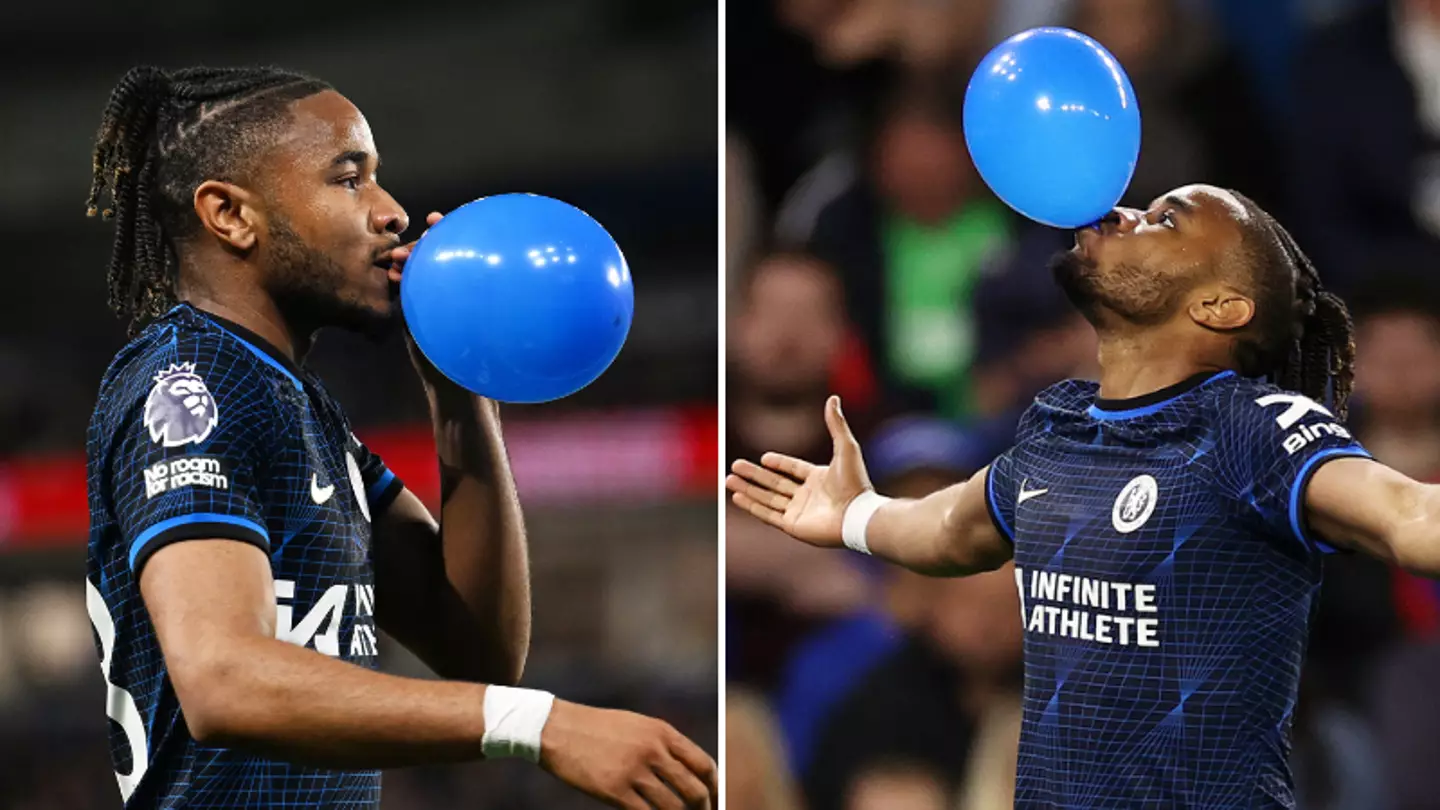New Delhi, Oct 12 (PTI) The National Rifle Association of India’s (NRAI) policy of dropping Olympic quota winners from subsequent competitions is detrimental for the shooters since the resultant lack of competition takes away from them the ability to withstand pressure in major events, reckons former national selector TS Dhillon.
The NRAI, in order to maximise Olympic quota places for the country, either drops shooters who have secured the slot in earlier tournaments or makes them compete in the Minimum Qualification Scores (MQS) category, thus leaving them out of medal contention. Air rifle shooter Rudrankksh Patil, after bagging the 10m air rifle Olympic quota with a gold-winning performance at the 2022 World Championships in Cairo, could not defend his title in Baku, Azerbaijan this year as he was dropped from the squad.
Rudrankksh, Rajeshwari Kumari (trap) and Sift Kaur Samra (50m rifle 3-positions) will compete at the Asian Championships — a 2024 Paris Olympic qualification event — from October 22-November 2 but only in the RPO (Raking Points Only) category, as they would be ‘giving’ other Indian shooters another opportunity to earn more quota places.
“It is very demoralising for the boy (Rudrankksh). Actually, for any shooter of high class for that matter who has achieved (Olympic quota). It is not fair even in the fairness of fairness. You should give opportunity to (other) people (shooters) but here in shooting sport, you need to earn the opportunity,” said Dhillon, who remained NRAI’s national selector for 17 years, the longest in that crucial position.
India had bagged a record 15 quota places ahead of the 2020 Tokyo Olympic Games but came back empty-handed.
Young pistol shooter Saurabh Chaudhary too was made to cool his heels after he earned the Olympic quota and was dropped or shot in RPO category subsequently as second pistol shooter in his category had not bagged a quota.
Despite high hopes, Saurabh returned without a medal from the 2020 Olympics.
Dhillon, credited with the construction of the Kadarpur Range for big bore in Gurgaon for the 2010 Commonwealth Games, added that “momentum” gets affected when a shooter is dropped after securing an Olympic quota.
“Shooters like Rudrankksh should not be dropped. Shooting sport is a highly competitive sport the momentum has to be maintained. Suppose you are running at a speed of 20km or 10km or whatever, when you leave the momentum, it’s very difficult to regain it,” said Dhillon, a former shooter and the first Indian to become a qualified coach from the US Olympic Training Centre.
Every country can earn a maximum of two Olympic quota places per shooting discipline. In 10m air rifle, Rudrankksh has secured one, while India is banking on Divyansh Panwar, Arjun Babuta and Hriday Hazarika to earn the second at the Asian Championships in Changwon from October 27-November 2. Rudrankksh will participate but cannot compete for medals.
Even if he shoots the best qualification score in the event in Changwon, he will not be able to shoot in the finals and test his Olympic preparations — especially handling extreme pressure of the finals.
The same will be the case for Rajeshwari (trap) and Sift, who won the 50m rifle 3-pos gold at the Hangzhou Asian Games by breaking the world record.
Divyansh got the opportunity along with two others to secure the second Olympic quota in 10m air rifle at the World Championships in Baku recently but all three failed miserably.
Rudrankksh, on the other hand, shot at the Karni Singh range in New Delhi on the same day in simulated condition and shot better than the gold medallist at the Worlds.
Rudrankksh’s father Balasaheb Patil, when asked if it was an opportunity wasted to win a second World Championships gold, had told PTI, “He (Rudrankksh) already has an Olympic quota so he cannot participate as per the NRAI’s set policy.” Dhillon said, “I personally feel, NRAI is more keen to win more Olympic quotas, but we also need to remember that it’s not more quotas that matter. What matters most is how competitive and how successful we are to achieve medals. How many medals we can get at the Olympics.
“With my long standing experience, I can say shooting is such a sport that the mental situation of any shooter can deviate with a slightest change, very, very sensitive mode he or she is in.
“Even the slightest of instability and many apprehensions start coming in his or her mind. That affects the performance of the shooter,” added Dhillon, who also coached pistol shooter Yashaswini Deswal to qualify for 2020 Tokyo Games.
NRAI secretary-general Sultan Singh told
Source: PTI News





